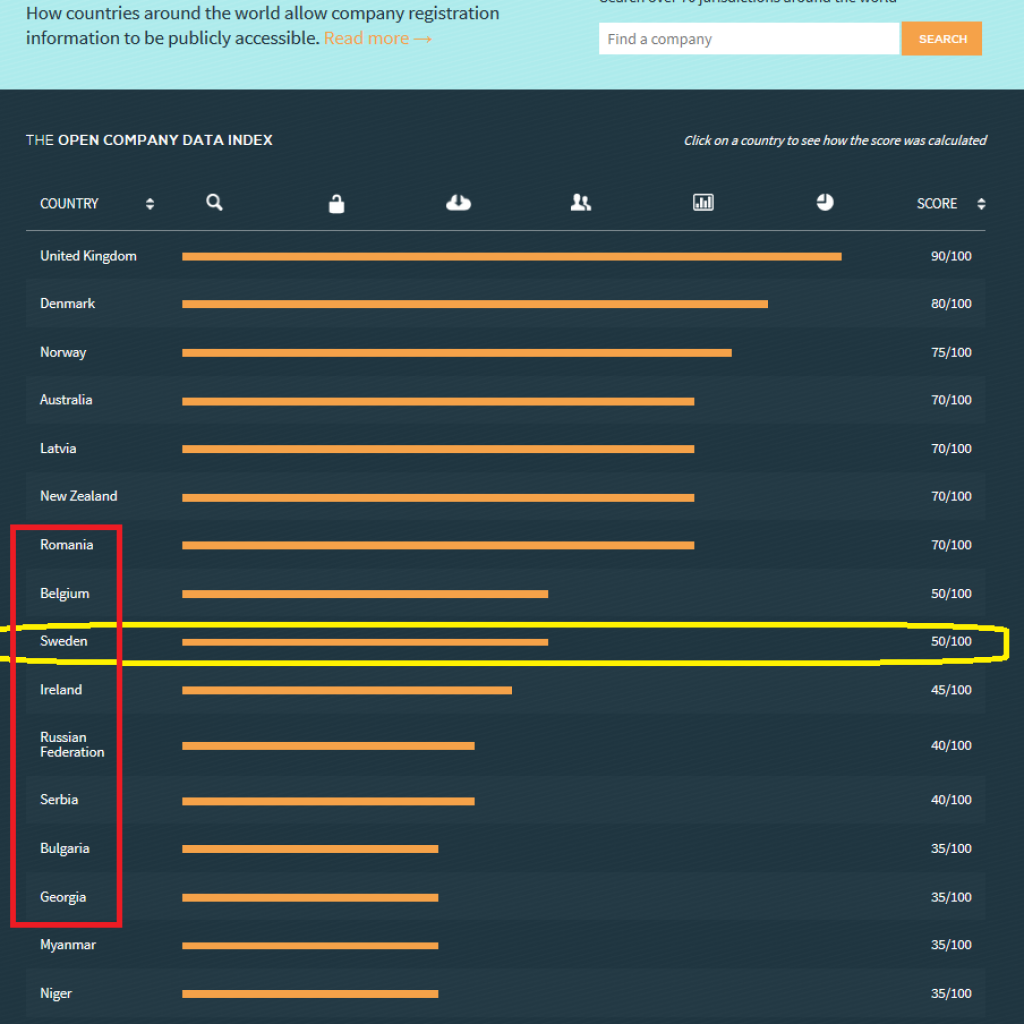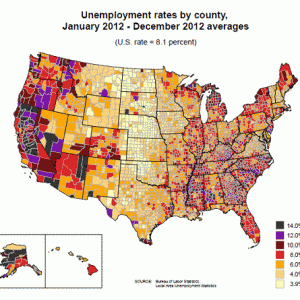We are well aware that world woke up to a FIFA scandal when the United States indicted 14 people, including nine top FIFA officials, on corruption charges end of May 2015. This raises an important question: How can we stop corruption in these type of organizations. Imagine that it is one of the best known organization where multi national countries and corporations are involved, if FIFA officials were able to do corrupted activities in front of our eyes how can we stop other organizations / governments do the same? How can we know anything about corruption where every single country has different rules and regulations on company registration, ownership process? How can we link how these companies are associated and how ownership is divided and among whom and which entities?
When you live in Europe you might think that every thing is taken care of to stop corruption, but if you look a bit closer, you will see that may not be the case. You may think that the way tax money is spent is transparent, you are wrong again. For example a persistant Journalist Erik Hjärtberg has been trying to get contract details of some of Swedish airports and has written more than 20 blog posts regarding all these issue and yet could not get any concrete answer from authorities! His theory is very basic: Some flight companies are not as cheap as they claim because these are subsidized by local authorities. It is very easy to dispute his theory if we had access to contracts!.
How can we have a more transparent and accountable world where no one organisation be corrupted? There is an answer for that and it is both easy and difficult answer. It is easy: Make it Open to everyone in Machine readable format! Let software developers, digital journalists play with the data. Stop to have secret contracts! Open Knowledge Foundation had already started Stop Secret Contracts compaing on February 2014 and I blogged at Open Knowledge Swedens page Open Knowledge Foundation started a petition in 2014. We also have a project website Stop Secret Contracts.
Regarding company ownership it is not that difficult too , again make it open. For example OpenCorporates.com has a purpose to have a more transparent system with this purpose:
“OpenCorporates exists to make information about companies and the corporate world more accessible, more discoverable, and more usable, and thus give citizens, community groups, journalists, other companies, and society as a whole the ability to understand, monitor and regulate them. ”
Lets be more specific for Sweden. If we look at Open Corporate Index where it ranks how countries around the world allow company registration information to be publicly accessible, Sweden is Number 9!
 You may think it is a good ranking but Sweden’s grade is not high! With 50/100 as grade of Sweden, Romania (70/100) is above Sweden, and Sweden is at the same ranking with Belgium. Both of these countries are just above Ireland, Russia and Serbia ( I can guess you are surprised when you heard Russia and Serbia!)
You may think it is a good ranking but Sweden’s grade is not high! With 50/100 as grade of Sweden, Romania (70/100) is above Sweden, and Sweden is at the same ranking with Belgium. Both of these countries are just above Ireland, Russia and Serbia ( I can guess you are surprised when you heard Russia and Serbia!)
If we go to details we can see why Sweden got 50!
As I said, if we want to stop corruption the answer is simple: Make all agreements & deals Open Data! Then now you might wonder what is difficult then? It is our mentality, the way we see politics. Politics is usually behind closed doors where some elite people decide what we should select among the things they think we should select and they want to decide what we should know or should not know. It is the mentality problem that we face now. For sure, we will talk transparency and accountability for FIFA for certain period of time but again, if we will not be persistent, all will be forgotten and the history will repeat itself.
If you care about transparency and accountability please support the campaign and tweet with hashtag #SecretContracts.
References: https://opencorporates.com/info/principles









